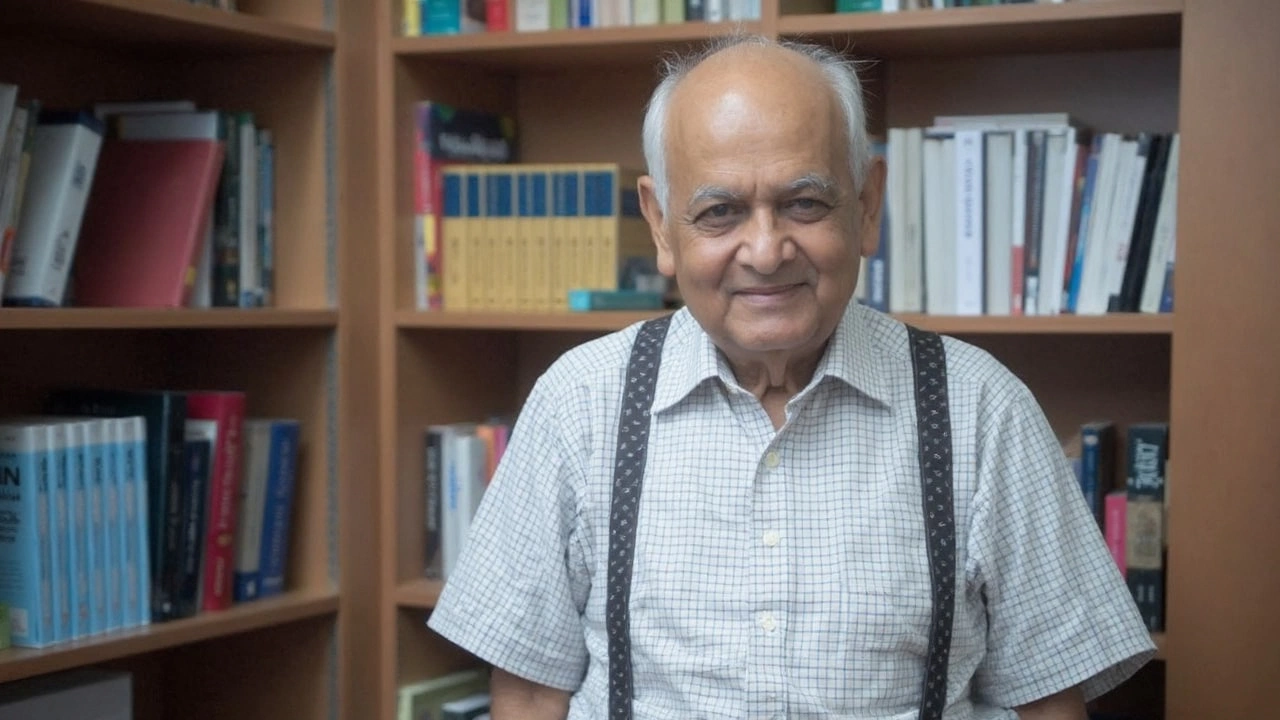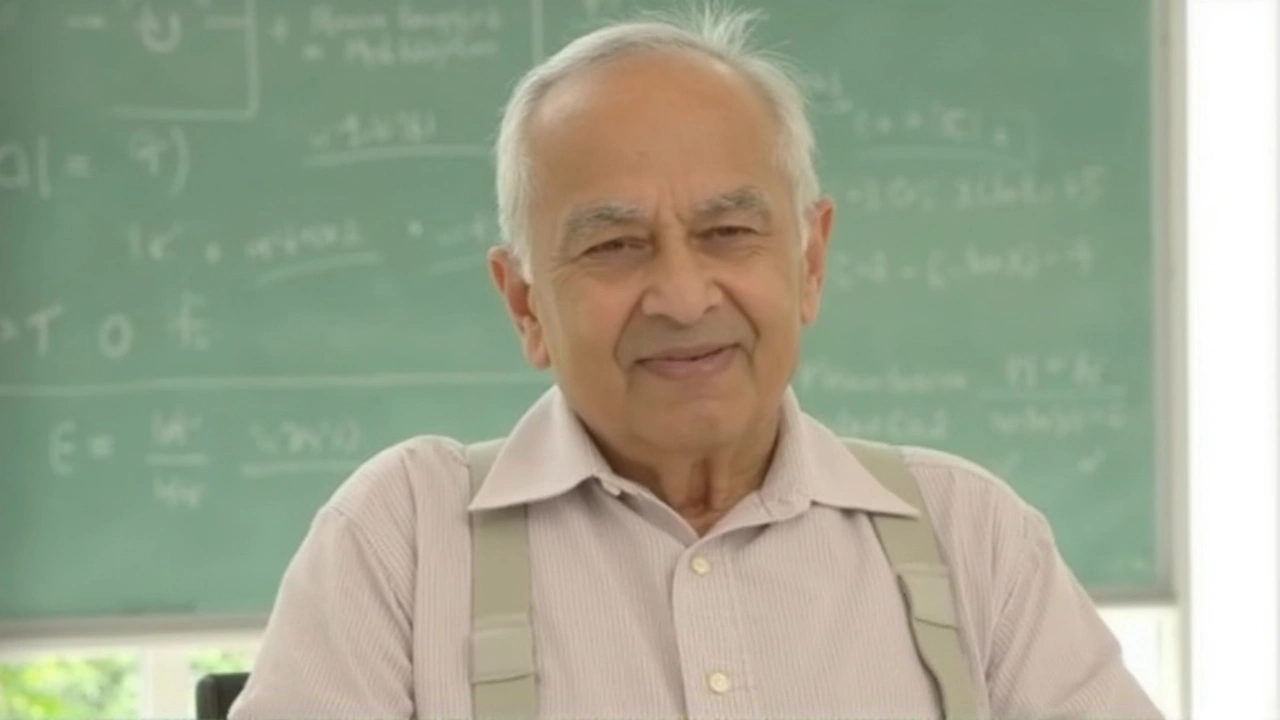Jayant Narlikar, Architect of Hoyle-Narlikar Theory and Pioneer of Indian Cosmology, Dies at 86

Remembering Jayant Narlikar: The Maverick Mind Who Challenged the Big Bang
Jayant Vishnu Narlikar never shied away from asking tough questions. When most of the scientific community leaned into the Big Bang theory, Narlikar, alongside legendary astrophysicist Fred Hoyle, took a different path—crafting the Hoyle-Narlikar theory. Their model boldly suggested an alternative way the universe could have started, fueling worldwide debates in cosmology. Narlikar didn't just stick to the classroom or lab; he brought these cosmic puzzles to living rooms and classrooms far beyond the ivory towers.
Born in Kolhapur, Maharashtra, in 1939, Narlikar was immersed in the world of numbers and ideas from early on. His academic journey led him through Banaras Hindu University and then to Cambridge, where he quickly rose to the top ranks, bagging the prestigious Wrangler and Tyson Medals. Under Hoyle's mentorship, Narlikar started poking holes in accepted theories, laying the groundwork for lifelong scientific curiosity that would define his career.
After proving himself in Cambridge's hallowed halls, he came back to India in the 1970s, not simply to teach, but to build. At the Tata Institute of Fundamental Research (TIFR), he nurtured talent and curiosity, but his ambitions grew beyond any single institution. In Pune, he founded the Inter-University Centre for Astronomy and Astrophysics (IUCAA) in 1988—a unique hub designed to give Indian astrophysicists a world-class platform. Steering the IUCAA for 15 years, Narlikar mentored multiple generations of researchers, making the center a lynchpin in India's journey into cosmology.

A Legacy Beyond Equations: Championing Science for All
Narlikar didn't see science as an exclusive club. He wrote dozens of books—spanning dense research, accessible popular science, and even science fiction. His appearances on India's iconic TV program 'Surabhi' captivated audiences who might have otherwise switched the channel when someone mentioned astrophysics. To him, explaining the origins of the universe or the meaning of expansion rates wasn't just for scientists; everyone deserved to wonder.
Recognition followed. In 2004, the Indian government presented him with the Padma Vibhushan, one of the country’s highest civilian awards—a testament not only to his technical genius, but also his relentless push to demystify science in Indian society. His books—ranging from textbooks to science fiction adventures—became staples for lovers of logic and curiosity, breeding new generations of thinkers.
Narlikar's personal life reflected his scholarly values. His wife, Mangala, herself a mathematics PhD, was his intellectual equal and life’s companion until her passing in 2023. Together, they raised three daughters—Geeta, Girija, and Leelavati—each of whom grew up watching their father make the complicated simple and the abstract relatable.
In recent years, Narlikar faced health struggles, including a recent hip surgery. He passed away quietly in Pune, surrounded by family memories and scientific legacies. At IUCAA, director R. Srianand described him as a father figure to the Indian cosmology community—someone who never stopped questioning, never stopped explaining, and never put himself above the mission of science. For anyone who ever looked at the night sky and wondered "why?" Narlikar’s work and words made that question more exciting, and for many, a little bit clearer.